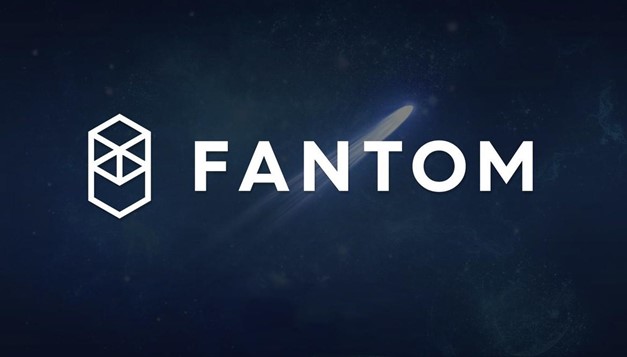With the rollout of Go-Opera, the most significant network upgrade yet, Fantom’s blockchain technology can now execute transactions in less than a second, with industry best transaction fees.
Blockchain technology has typically suffered with incredibly slow transaction speeds and very high transaction fees. Fortunately, a new generation of blockchain platforms has arrived, and a key player is Fantom. Fantom ($FTM) provides a high-performance solution to the limitations of other blockchain platforms, specializing in providing faster transaction speeds and lower transaction fees. With its latest major network upgrade, Fantom secures its spot as having one of the fastest transaction speeds in blockchain technology.
Fantom is a layer-1 platform built on a permissionless aBFT consensus protocol, which ensures Fantom has the greatest possible decentralization, scalability and security to rival the likes of any banking institution. Some of its key defining features include extreme speed, with transactions currently at 1-2 seconds and going into sub-seconds with its latest upgrade.
Fantom is EVM compatible to meet the ultimate industry standards, thus, developers are able to instantly deploy Solidity and Vyper smart contracts the same way they would on Ethereum with the tools they are used to, at unrivaled speeds. Fantom further prides itself upon its low fees, as transaction fees end up costing no more than a fraction of a cent. It is asynchronous and allows for users to process commands at different times, it is secure in supporting one-third of faulty nodes and has no particular participant as a leader through a leaderless Proof-of-Stake protocol.
With Fantom’s brand new Go-Opera network upgrade, they have completely rewritten some aspects of the codebase for ultimate optimization resulting in incredibly fast transaction speeds. The average time to finality is about 1 second, P2P synchronization is 3 times faster and new nodes joining the network are synchronized far more efficiently. Emission of events is significantly faster as well, with about two times less events per frame. Emission is highly efficient even within faulty network conditions, and in order to set up new nodes following migration (which is all in a Genesis file that is between 650 and 700 MB), node operators will download the file and will not need to process prior events.
Further details about the update include the new version of the Special Fee Contract (SFC). This new version, v3, has prioritized ease of use. It has a cleaner, more user-friendly interface than SFCv2 and has a simpler interface to communicate with the node, which will allow future changes to SFC rules without a new node upgrade is necessary.
In SFCv3, validators and delegators both claim rewards with the same entity and they utilize the same functions to work with the SFC. The reward claiming is made easy as delegators are able to instantly claim rewards altogether rather than having to do so in multiple intervals, regardless of how many epochs they have claimed rewards for. Further on this, there are no restrictions placed upon users when it comes to claiming rewards. They are not limited to claiming them before undelegation.
When it comes to the future, Fantom plans on an hour-long migration call (date and time to be announced in advance). During this call, no new events will be generated. Following the migration, Fantom users will benefit from the lowest confirmation times available and have a faster route to claiming their rightful staking rewards. More information about Fantom can be found on their website at https://fantom.foundation
